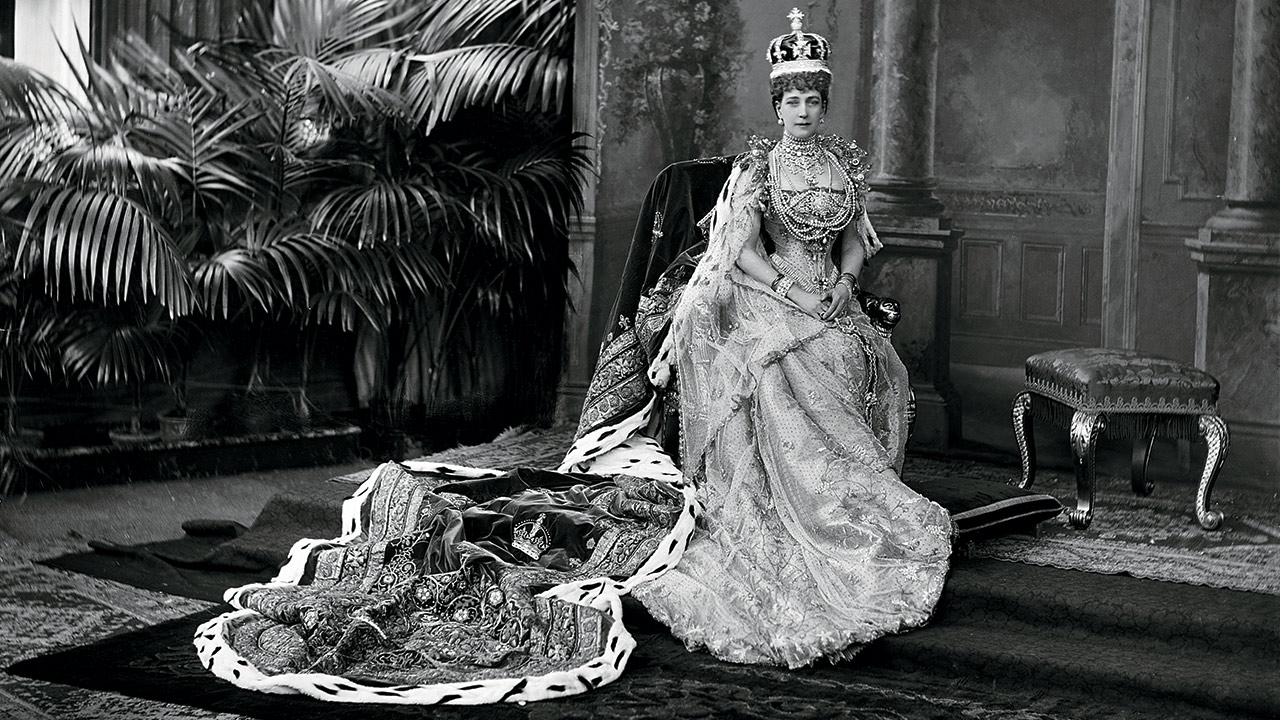The path to better hearing, today

In 1902, Princess Alexandra of Denmark, who would very soon become Queen Consort of the United Kingdom alongside King Edward VII, found herself enraptured by a fascinating new device that was fast becoming the talk of Europe.
The young princess had been fitted with one of the world’s first portable electric hearing aids, and it proved to be a life-changing success.
Back in Denmark, the impact of this event became a clarion call to one Hans Demant, a bicycle manufacturer and purveyor of sewing machines. His wife, Camilla, also suffered from severe hearing loss and so, after a determined journey to London, Hans returned with a precious electric “Acousticon”.
Witnessing Camilla’s progress served as a source of inspiration for Hans to extend his assistance to a broader community of individuals suffering with hearing loss, and so he initiated the import of hearing devices from America. In 1904, Hans Demant founded the company that would later become known as Oticon, a name now synonymous with cutting-edge hearing solutions, paving the way for the modern hearing aids we know today and bringing new-found joy to millions worldwide.
Hearing health
Hearing health is a such critical aspect of our overall well-being, yet it often goes overlooked until problems arise. In New Zealand, hearing issues affect a surprisingly large portion of the population, with a 2022 EHIMA report estimating as many as one in ten New Zealanders are living with hearing loss. Sadly, a lack of awareness can lead to irregular hear- ing check-ups, which in turn leads to delayed diagnosis and treatment.

A new world of sounds
A far cry from the bulky hearing aids of over a century ago that were hailed as a miracle in the press and transformed Queen Alexandra’s life, the pinnacle of today’s devices – such as Oticon Real™ hearing aids – continue to change the way we experience the world of sound.
With their advanced processing capabilities and state-of-the-art technology, Oticon Real can help get back the real sounds of life, precise and optimally balanced, whether it’s the laughter of grandchildren, musical notes or simply the rustling of leaves in the wind.
One of the standout features of Oticon Real hearing aids is a unique technology called Deep Neural Network (DNN). This built-in intelligence has learned to recognise all types of sounds, their details, and how they should ideally sound. This means they can instantly adapt to changes, keeping you at your best wherever life takes you.
By analysing and adjusting to your environment, Oticon Real hearing aids ensure that they provide what you need to hear. They do this by reducing background noise, which can help enhance speech comprehension and allow you to engage effortlessly in conversations, even in noisy settings.
Connection is key
In today’s digital age, connectivity is paramount, and Oticon Real hearing aids certainly rise to the challenge, offering seamless connectivity to compatible* smartphones and other Bluetooth-enabled devices. You can effortlessly stream phone calls, music and other audio directly to your hearing aids, vastly enhancing your listening experience.
Improved quality of life
Perhaps the most significant benefit of Oticon Real hearing aids is their positive impact on your quality of life. Improved hearing can lead to increased social engagement, better relationships and enhanced overall well-being. With the help of Oticon Real, you can participate more actively in social gatherings, make the most of your favourite activities and feel more connected to the world around you.
Oticon Real hearing aids aren’t just devices; they are a life-changing gift that allow you to reconnect with the sounds and people you love. No longer are they fit just for a queen; they are readily available to anyone with the need and the longing to be truly present for life’s most cherished moments.
For more information and to find your nearest hearing clinic, visit oticon.co.nz
*For information on hearing aid and device compatibility, visit www.oticon.co.nz/compatibility
All images: Supplied.
This is a sponsored article produced in partnership with Oticon.
